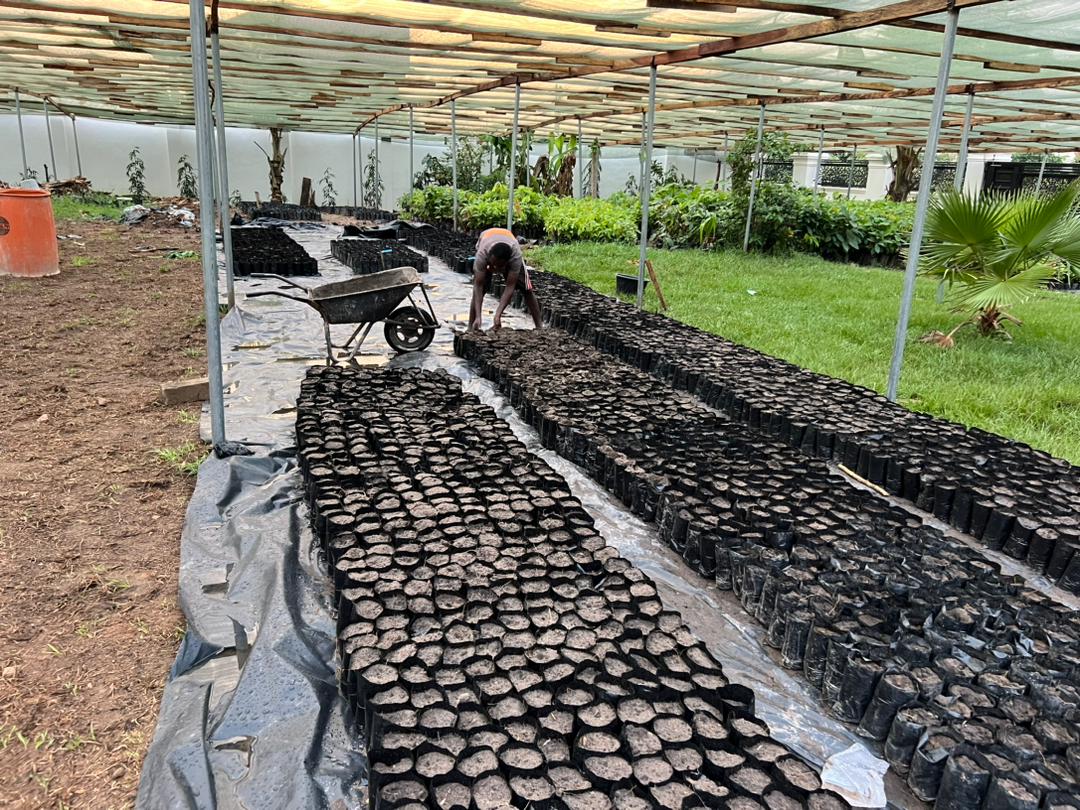We are proud to announce that the Landscape Resilience Fund (LRF) is providing pre-investment support to Talmond, a pioneering women-led Ghanaian start-up dedicated to empowering smallholder farmers, researching and promoting regenerative agroforestry practices, and building climate resilience through local value generation.
Established in 2019, Talmond’s unique business model focuses on cultivating locally-adapted and underutilised plants — such as tropical almonds and ancient grains, like fonio — to create sustainable and nutritious plant-based products, from plant-based milk alternatives to food industry ingredients. As the first venture to commercialise tropical almonds, Talmond is not only pioneering new markets but also promoting the cultivation of native plants with inherent resilience to climate change.
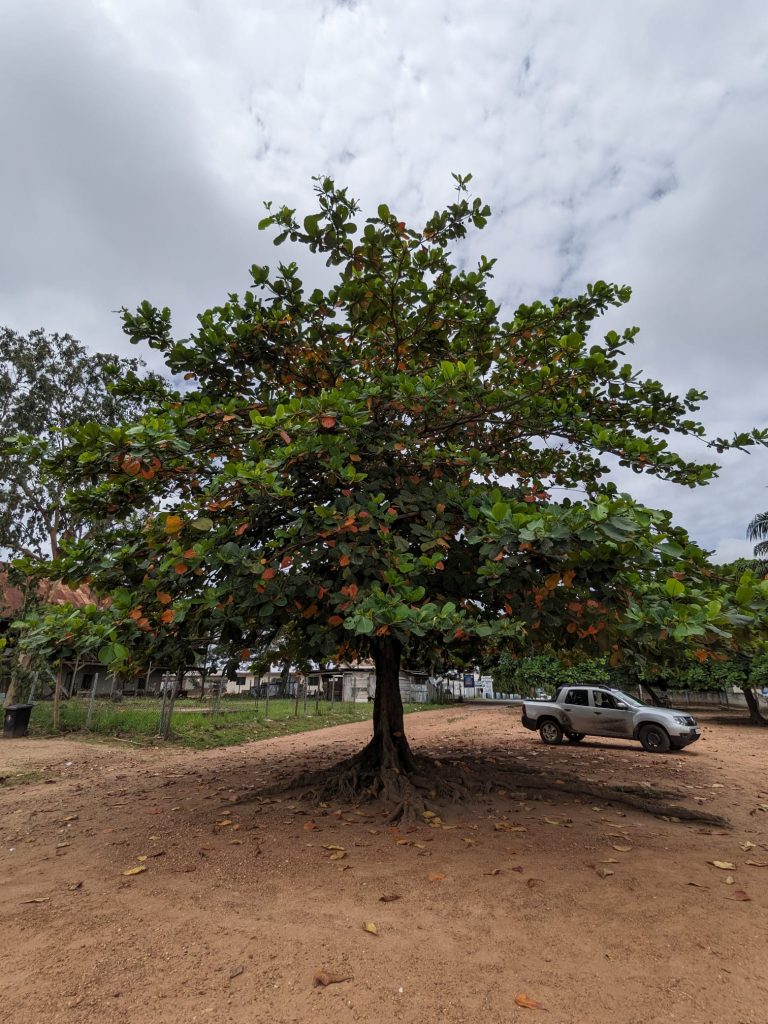
Tropical almonds and fonio, Talmond’s core crops, possess remarkable properties that hold the potential to enhance food security in a changing climate, and generate economic opportunities for smallholder farmers. These drought-tolerant plants require no irrigation, are locally-adapted to Ghana’s climate, and boast high nutritional value. Tropical almonds grow naturally in Ghana’s semi-arid climate and require significantly less water than conventional almonds. Fonio, a staple food in sub-Saharan Africa, can be harvested multiple times per year. By leveraging the natural advantages of these plants, Talmond is contributing to climate-resilient development in Ghana and beyond.
Advancing regenerative agroforestry
Regenerative agroforestry lies at the core of Talmond’s approach. By integrating tropical almond cultivation with other crops in dynamic agroforestry systems, Talmond is restoring degraded land while also promoting biodiversity, soil health, and carbon sequestration. Through innovative practices such as the use of biochar, Talmond is demonstrating the potential of agroecological approaches to mitigate climate change and enhance ecosystem resilience.
Talmond sources tropical almonds through three primary channels:
- Collector Communities: Partnering with local communities where tropical almonds naturally occur, Talmond engages in sustainable harvesting and processing practices. This approach not only ensures a reliable supply chain but also fosters community involvement and empowerment.
- Nucleus Farm: Talmond’s nucleus farm serves as a hub for innovation, research, and training. By developing elite tropical almond varieties and showcasing regenerative agroforestry techniques, Talmond empowers smallholder farmers to adopt sustainable practices while enhancing crop yields and resilience.
- Smallholder Farmer Outgrowers: Through strategic partnerships and capacity-building initiatives, Talmond aims to onboard 1000 farmers over the next two years, supplying them with tropical almond seedlings from the nucleus farm. By empowering farmers to grow their own crops and sell back to Talmond, this model creates a symbiotic relationship that fosters economic growth and resilience at the grassroots level.
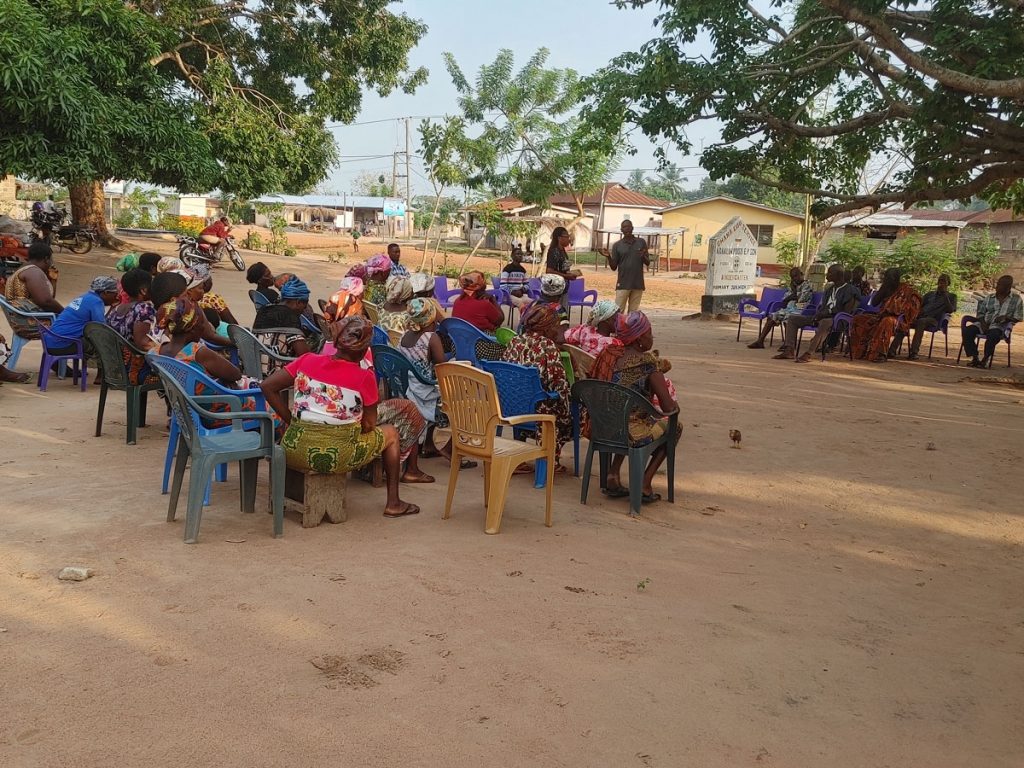
Fonio is sourced through a collaboration with the Ghanaian cooperative Amaati, which works with over 5,000 smallholder farmers, 98% of which are women. Amaati ensures that farmers receive fair compensation for their produce and access to essential resources, ultimately improving their livelihoods and resilience to climate change impacts.
Technical assistance for sustainable growth
“The LRF recognises the immense potential of Talmond’s mission but also understands the challenges early-stage businesses face in attracting private investment to realise their ambitious goals. That’s why the LRF works closely with the start-up to help Talmond support its growth and impact” says Urs Dieterich, Managing Director of the LRF.
Concretely, LRF supports:
- Capacity building and training of smallholder farmers in dynamic agroforestry adapted to climate change and post-harvest processing;
- Design of the logistics system and standard operating procedures to gather produce from collector sites; and
- Development of a customised Environmental and Social Management System (ESMS) for Talmond that will enable them to manage risk and impact, and continuously improve ESG practices.
“The TA support provided to Talmond by the LRF is uniquely designed to support our efforts towards building and strengthening a sustainable supply chain of tropical almonds together with smallholder farmers. This activity is crucial for Talmond’s growth, with far-reaching impacts on the livelihoods and resilience of smallholder farmers, and to attract additional private investment” says Dr. Elie Fink, CEO of Talmond.
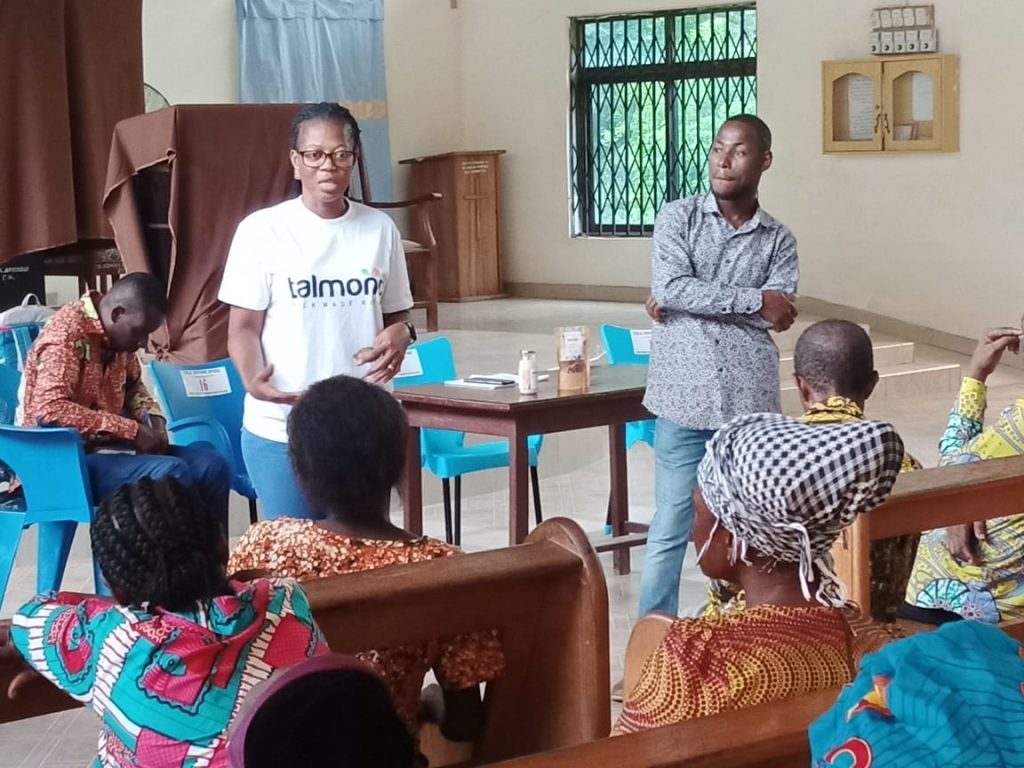
Through this targeted technical assistance, which is financed through the Global Environment Facility (GEF) Project ‘Investment Readiness for the Landscape Resilience Fund’, the LRF aims to enhance Talmond’s capacity to increase climate resilience in Ghana’s agricultural sector by equipping smallholder farmers with the knowledge and resources they need to adopt regenerative agroforestry practices. Combined with its advances in plant-breeding research and innovation in processing machinery, Talmond has established a compelling business model that is poised to create meaningful impact.
Tracking Positive Impact
At the LRF, we understand the importance of tracking impact to drive sustainable development. Together with Talmond, we have developed a comprehensive set of impact indicators to measure progress, identify areas for improvement, and ensure meaningful outcomes for all stakeholders, including:
- Number of beneficiaries with gender balance and increased resilience through diversified and strengthened livelihoods
- Total number of smallholder farmers trained and gained access to inputs and technology
- Average price paid to smallholder farmers
- Number of new permanent and seasonal jobs created
- Yield increase of target crops and income for farmers
- Area under sustainable land management and restoration of natural habitats
- Emission reduction and removal at the farm level
- Additional finance mobilised and investment secured in Talmond
By tracking these indicators, Talmond can assess its impact, identify areas for improvement, and ensure that its business operations align with its mission of promoting sustainability, resilience, and prosperity for local communities.
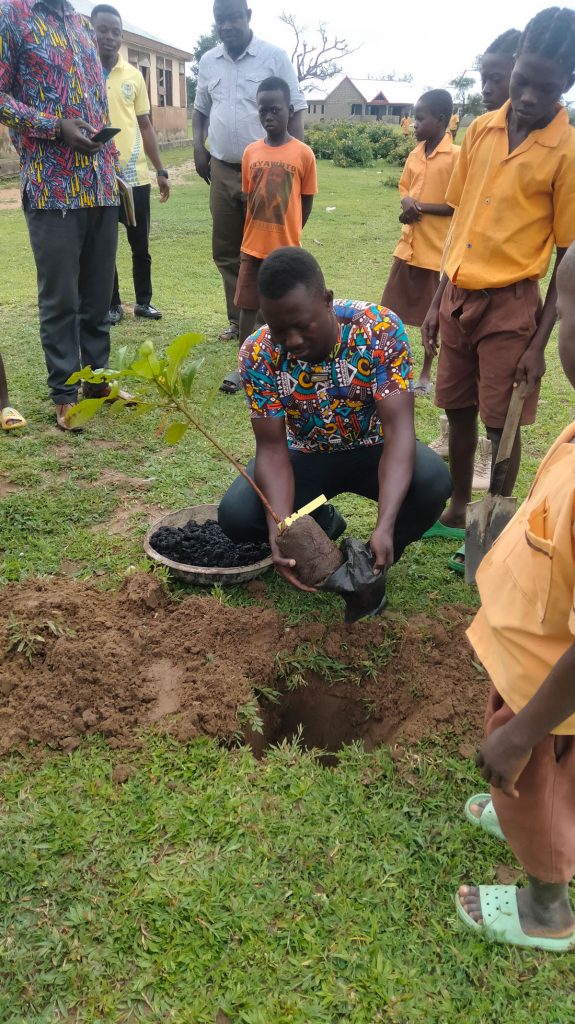
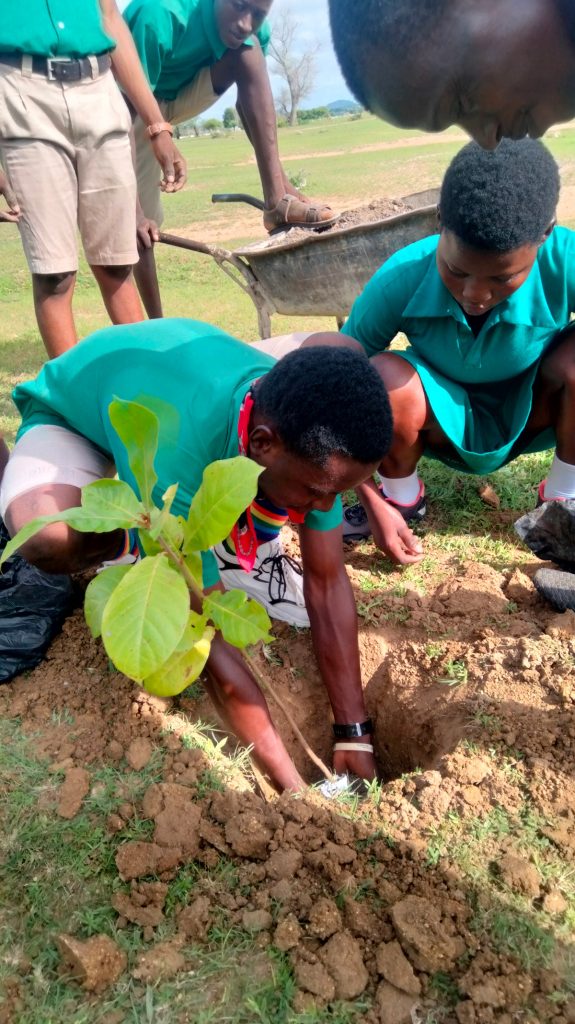
Looking Ahead
As Ghana continues to experience the intensifying, adverse impacts of climate change, the need for climate resilience is more urgent than ever. The plants that Talmond works with are locally-adapted and drought-resistant, offering a lifeline for future food security in the face of climate uncertainty. The LRF remains committed to supporting Talmond’s journey towards greater impact and success as the start-up continues to grow and expand its operations.
“Together, we can build a more resilient and sustainable agricultural sector in Ghana, one that empowers smallholder farmers, promotes gender equality, fosters regenerative practices, and builds climate resilience for the benefit of people and planet,” says Urs Dieterich, Managing Director, Landscape Resilience Fund
